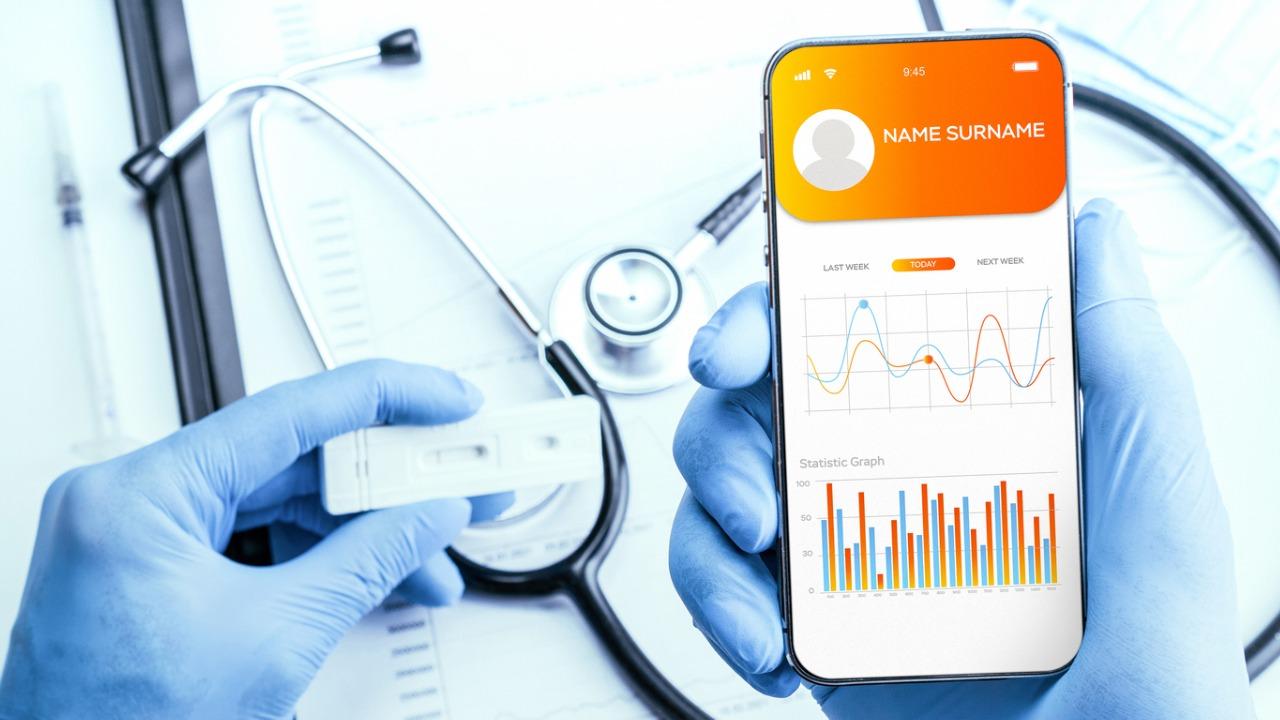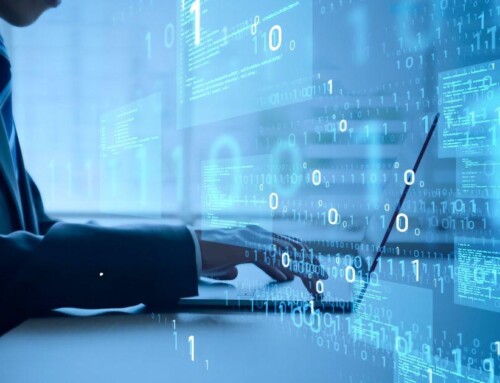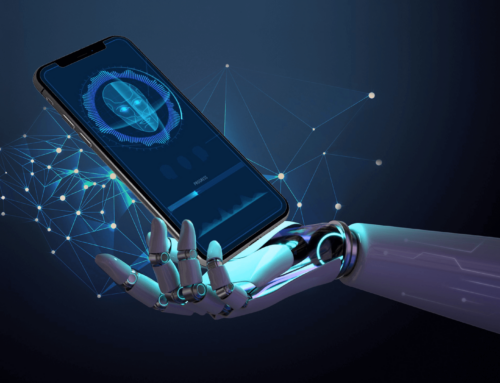In the dynamic intersection of healthcare and technology, one innovation stands out – Medical Apps. As an experienced app developer, we’re at the forefront of leveraging technology to improve health outcomes and patient experiences. In this article, we explore the transformative role of healthcare apps and medical apps have in reshaping patient care and creating new possibilities in healthcare delivery.
The Current Landscape of Healthcare
While the traditional healthcare system has been instrumental in providing care and treatment for countless individuals, it faces a number of challenges. Accessibility is one of the key issues, especially for those living in remote areas or for those unable to travel for medical appointments. Furthermore, the traditional healthcare approach often involves a one-size-fits-all model, which doesn’t always cater to individual patient needs and can limit the potential for personalized treatment.
Real-time data exchange is another challenge in the current healthcare setting. With many facilities still relying on paper records or isolated digital systems, sharing vital health information quickly and accurately can be difficult. This lack of streamlined data exchange can lead to inefficiencies and inaccuracies that could impact patient care.
Patient engagement is also a significant concern. Traditional healthcare practices may not always encourage active patient participation in their own health and wellbeing. This could potentially lead to lower adherence to treatment plans and poorer health outcomes.
Cost remains a significant issue. Traditional healthcare can be expensive and may not always be affordable for everyone. This is where technology, specifically medical apps developed by a competent Los Angeles app developer, steps in to bridge these gaps and revolutionize the healthcare landscape.
Medical Apps: A Game Changer in Healthcare
Medical apps are transforming the way healthcare is delivered and experienced. Expertise from a Los Angeles app developer like us is behind this significant shift. The advent of these digital solutions has enabled real-time communication between healthcare providers and patients, allowing for a continuous and dynamic flow of information.
One of the areas significantly impacted by these apps is telemedicine. Patients can now consult with their doctors from the comfort of their homes. This development has been critical, especially in times of public health crises where physical distancing becomes essential.
Another impactful use of medical apps is in the realm of Electronic Health Records (EHRs). These apps have digitized patient health records, making them easily accessible to both patients and doctors. It’s now more straightforward than ever to share these records across different health professionals, resulting in better-informed and coordinated care.
Fitness tracking and wellness apps have changed the way individuals approach personal health and fitness. These apps offer features like activity tracking, calorie counting, sleep monitoring, and more, providing users with a comprehensive understanding of their health. Such informed insights enable users to take proactive steps towards healthier lifestyles.
The introduction of medical apps has not just transformed healthcare practices but also empowered individuals, putting health management into the hands of the patients themselves.
How Medical Apps Improve Patient Care
Medical apps have revolutionized patient care in more ways than one, enhancing not only the quality but also the scope of care provided. These apps, with their numerous features, are catering to different aspects of healthcare, resulting in a more holistic and patient-centric approach.
One of the major improvements is personalized care. Through the continuous tracking and monitoring of health data, these apps can provide unique insights into an individual’s health status. Such detailed information can aid healthcare providers in tailoring treatment plans specific to each patient’s needs. This individualized care can lead to better health outcomes and patient satisfaction.
Accessibility to healthcare has been another significant improvement brought about by medical apps. They break the barriers of distance and time, making healthcare services accessible right at one’s fingertips. Telemedicine apps, for instance, allow for remote consultations, thus reducing the need for physical visits. This development is particularly beneficial for those living in remote areas or for those with mobility issues.
Medical apps also provide the convenience of scheduling appointments, accessing medical records, and receiving timely medication reminders. This digital coordination reduces the chances of missed appointments or medication doses, thereby enhancing the overall efficacy of treatment.
Healthcare and medical apps can help in promoting preventive care. Fitness tracking apps, nutrition apps, mental health apps, etc., provide individuals with the tools to monitor and manage their health proactively. They encourage healthy lifestyle changes, timely health check-ups, and early detection of potential health issues.
Through features like in-app chats, forums, and video calls, these apps can foster better communication between patients and healthcare providers. Such enhanced interaction can lead to more accurate diagnosis, more effective treatment, and better patient engagement in their healthcare journey.
Future Trends in Medical App Development
As technology continues to advance at a rapid pace, the future of medical app development holds exciting possibilities. Here are some anticipated trends that will shape the landscape of healthcare apps:
AI-powered Medical Apps
Artificial Intelligence (AI) will play a significant role in medical app development. AI algorithms can analyze vast amounts of patient data, offering insights and predictive analytics for more accurate diagnoses and personalized treatment plans. AI can also streamline administrative tasks, automate processes, and provide virtual medical assistance.
Augmented Reality (AR) in Medical Training Apps
Augmented Reality is set to revolutionize medical education and training. AR can create immersive experiences, allowing medical students and professionals to visualize complex anatomical structures, practice surgical procedures in virtual environments, and enhance their learning with interactive simulations.
IoT (Internet of Things) in Healthcare
The integration of IoT devices and medical apps will enable real-time monitoring of patients’ health conditions. Wearable devices, such as smartwatches and biosensors, can continuously collect health data, which is then transmitted to medical apps for analysis. This data-driven approach enables proactive interventions, remote patient monitoring, and personalized care.
Blockchain Technology for Enhanced Security
Blockchain technology holds great potential in healthcare app development. Its decentralized and immutable nature can secure sensitive patient data, ensure privacy, and facilitate secure data sharing among healthcare providers. This technology can revolutionize interoperability and data exchange, leading to improved collaboration and better patient outcomes.
As a medical app developer, we stay ahead of these trends, incorporating the latest technologies and innovative approaches into our medical app development process. By embracing these advancements, we can ensure that the healthcare apps we create are future-proof and at the forefront of delivering impactful solutions.
Conclusion
The impact of medical apps on healthcare is undeniable. They have made healthcare more accessible, efficient, personalized, and patient-centric. With the rapid pace of technological advancements, the future of healthcare looks more promising than ever.
Los Angeles Software Developers: Your Partner for Medical App Development
If you’re looking for a reliable partner to develop innovative medical apps, consider Los Angeles Software Developers. With our experience and expertise in app development, especially in the healthcare domain, we’re well-equipped to transform your vision into a powerful tool that can enhance healthcare delivery and patient care.




